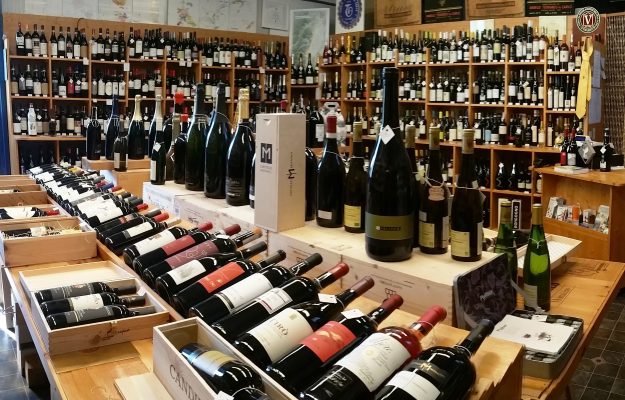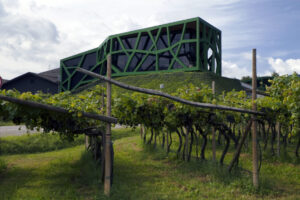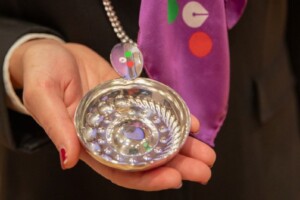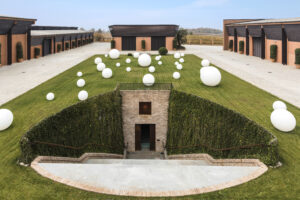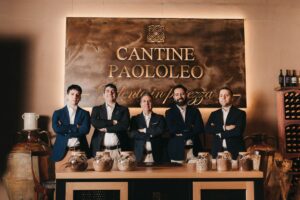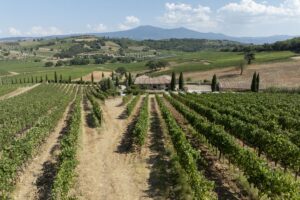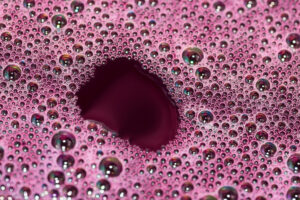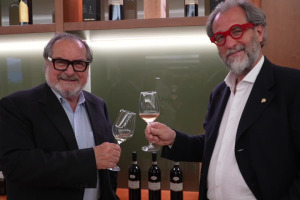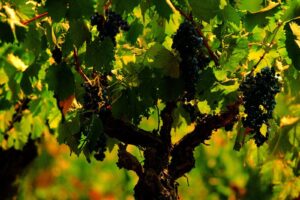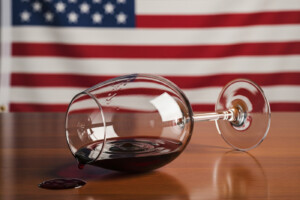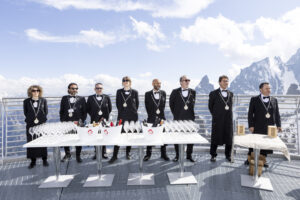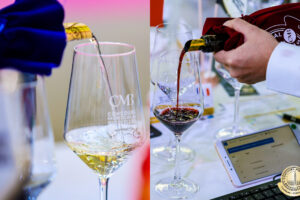A note from Palazzo Chigi, illustrating the Ministerial Decree, read, "In all areas, the ban on take-away after 6pm for retail trade of beverages not to be consumed on the spot has been eliminated". The DPCM, prime ministerial decree, will be in effect from March 6th April 6th, and it unties at least one of the knots linked to the wine world - the one that actually stopped takeaway activity in wine bars after 6pm, creating more than a bad mood among winemakers, but also in wine production. The HORECA (hotels, restaurants, catering) channel, still strictly limited (and it will remain so, ed.) saw an important sales channel penalized, especially the highest value product range, which is one of the most affected. Obviously, the comment from Vinarius, the association that brings together over 100 wine shops from all over Italy, led by Andrea Terraneo, who has been fighting against the ban for weeks, is positive. “It is with utmost satisfaction and legitimate pride that we welcome the elimination of the ban, which Prime Minister Draghi signed yesterday March 2nd in the first DPCM, of the unfair regulation that obliged Italian winemakers to not sell bottles of wine after 6pm”, commented Terraneo.
He further added, “The battle that Vinarius started and carried on in every location, in favor of its associates and of all the Italian wine shops has seen the efforts made to remove what seemed to us a misunderstanding and which we had criticized since the beginning, now rewarded. We sent an open letter on January 15th to the Prime Minister Conte and the Ministers Speranza and Patuanelli, underlining the sensational error of the ATECO, classification of economic activity, code they used. Our dutiful thanks goes to the Honorable Dara and Senator Centinaio, who produced the parliamentary question first in the House and then in the Senate, and an equally dutiful thanks goes to Minister Giorgetti and to Prime Minister Draghi for having accepted our requests, which led to a positive resolution of the problem. In this moment of great joy because our arguments have been recognized, a sincere recognition also goes to all those in the wine supply chain who have shown us closeness and support, in particular the independent winemakers’ federation, FIVI, and the many protection Consortia that have supported us. Finally, thanks to all the members of Vinarius who have never diminished their support on this topic. Our gratitude goes especially to the wine shops, which have been the most penalized in this long phase of the Pandemic still in progress but who have always rallied around the Association to let us feel their support and to whom we will give the Association’s support. It is”, Terraneo concluded, “an important moment for our sector, which I hope will be a stimulus for a constructive dialogue and unity of the supply chain”.
Representatives of the wine supply chain, such as Confagricoltura, Cia-Agricoltori Italiani, Alleanza delle Cooperative Agroalimentari, Copagri, Unione Italiana Vini, Federvini, Federdoc and Assoenologi, also express satisfaction, underlining how lifting the ban benefits wine production. Italian wine, “which has already lost more than 2 billion euros due to Covid-19”, and which “allowing wine shops to resume regular activity restarts a production machine that will engage 210.000 employees in Italian wineries, including 50.000 young people”. In the meantime, however, for the record, negative comments from the Italian Mayors have been heard, through the voice of the national association of municipalities, ANCI, led by the mayor of Bari, Antonio Decaro. Their position, of course, will lead to many discussions, and at best is a risky comparison: “schools are closed, but nightlife is open. The new DPCM seems to say exactly that. On one side schools are closed, on the other the ban on take-away for everyone after 6 pm has been eliminated, thus favoring gatherings in nightlife venues and near bars and clubs patronized mostly by children. If you allow take-away of alcoholic drinks and beverages, then you are favoring gatherings. We have said it repeatedly to the previous government as well as to the current one. Honestly, in this way, not only do parents, children and citizens in general not understand the meaning of the rules, but also we mayors risk becoming just the target of requests to carry out controls, and it is not even our job nor do we have the expertise. At the very least, we expect an explanation, given that no member of the executive present today in the control room has raised the issue or discussed eliminating the take-away rule they were thinking about introducing”.
Further, the Italian public businesses have complained about the Decree, as they also once again feel discriminated against compared to other activities. “If the intention of the new DPCM was to put a stop to the wild nightlife and reduce the uncontrolled gatherings at weekends”, emphasized FIPE / Confcommercio, “they have chosen the worst possible path. The Health Minister, Roberto Speranza continues to identify the problem in public establishments and bars, not realizing that problems arise where there is free access to take-away alcohol. This is precisely the reason why we had asked to stop sales after 6pm in all shops, at least in the nightlife areas. Instead, the Minister chose the opposite path, favoring convenience stores and punishing bars only. Absurd. Governments change, majorities change, but public establishments continue to be penalized far beyond their obligations”.
Copyright © 2000/2025
Contatti: info@winenews.it
Seguici anche su Twitter: @WineNewsIt
Seguici anche su Facebook: @winenewsit
Questo articolo è tratto dall'archivio di WineNews - Tutti i diritti riservati - Copyright © 2000/2025










